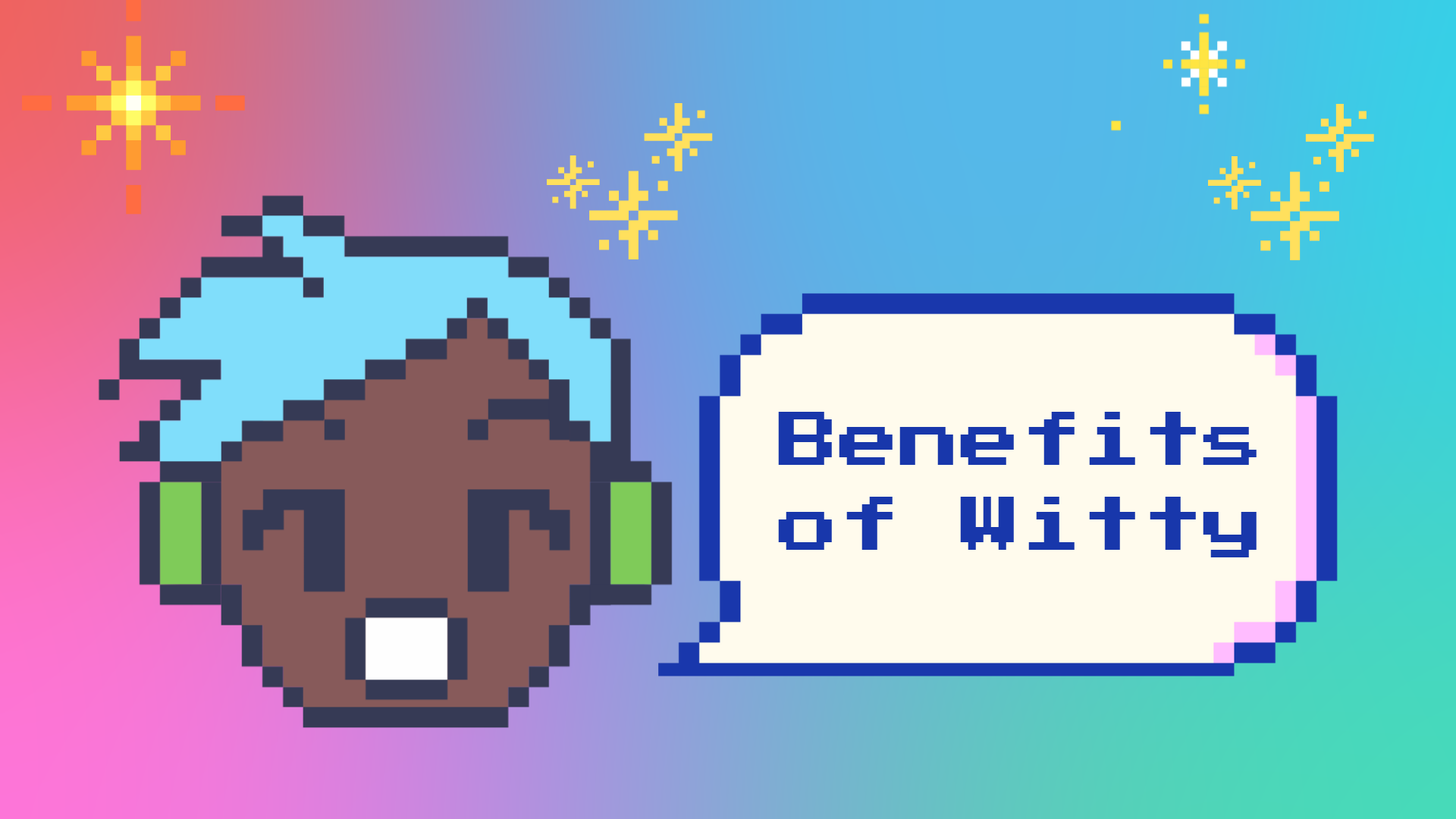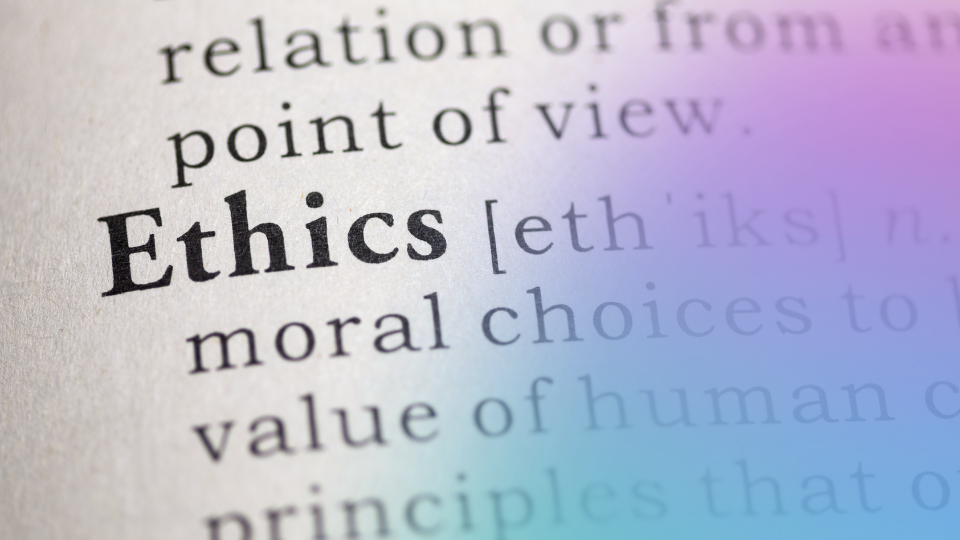I personally have a strong connection to the open
source community going back over 20 years. I was
release manager for PHP, where I established the
processes still largely in place today. Being a big
believer in the value to society, open source
provides. I will always keep an eye on what we can
open source and want this to be part of the DNA of
Witty Works.
However, Witty is not open
source software. For now, I can say that we will
always provide a freemium version. Our goal is to
maximize the positive impact for society, and a
freemium model is the most effective way to maximize
our reach.
But what is Witty?
At its core, Witty is a system in the form of a
so-called API (application programming interface)
with a debiased language model that receives text,
analysis it and provides feedback. However, a raw
API is not going to make the impact we strive to
make. What is needed are client programs that make
it easy for users to send text to this API and to
get the feedback presented in an easily consumable
and actionable way. For this we have build the
browser extension and we expect to build many more
clients to cover other use cases, like Microsoft
Word or Outlook, mobile keyboards, Slack integration
etc.
These clients are an important part
of the solution, even if they are essentially a
distraction from our core mission: being able to
give feedback on how to write more inclusively. As
we would love it if we would not have to build those
clients so that we can focus more of our energy on
the core inclusive writing algorithm. As such, we
also wouldn’t mind collaborating with other
organizations who for whatever reason also require
such clients. However, app store rules complicate
this a bit, as they forbid submitting the same code
for the same use cases. App store rules are also
inherently arbitrary, especially if you are a young
startup.
We actually hope that our
browser extension will become obsolete as we are
lobbying browsers and word processor providers to
open up an API for their spell checkers to allow for
a more fluent integration, which should also create
a path towards optimal accessibility.
On
the language model side we are working together with
researchers at various universities and we hope
through this path we will contribute to the
community advancements in ethical AI with reduced
bias and a better balance towards privacy. I expect
this to be our most significant contribution for the
open advancement of ethical tech.
Best practices for ethical AI startups
We are also in the process of establishing an AI ethics board. We started on researching this already this summer, but quickly realized there isn’t much in the way of shared experience out there on which we could base this effort. In medicine there is some inspiration we can draw upon but very little in the startup context. So this is another thing we want to do, share with the world not just the reports from our AI ethics board, but also how we created the board and what processes we have defined.
So in summary, at this point we are not sharing code with the world. However, we are collaborating with the research community. We are working towards more accessible access to browsers and word processors APIs. We are also working to establish best practices for ethical AI startups.
If you are looking for a digital writing assistant for inclusive language, try out Witty for free. Witty detects non-inclusive language and provides ongoing training on unconscious bias and operationalizes inclusion.





